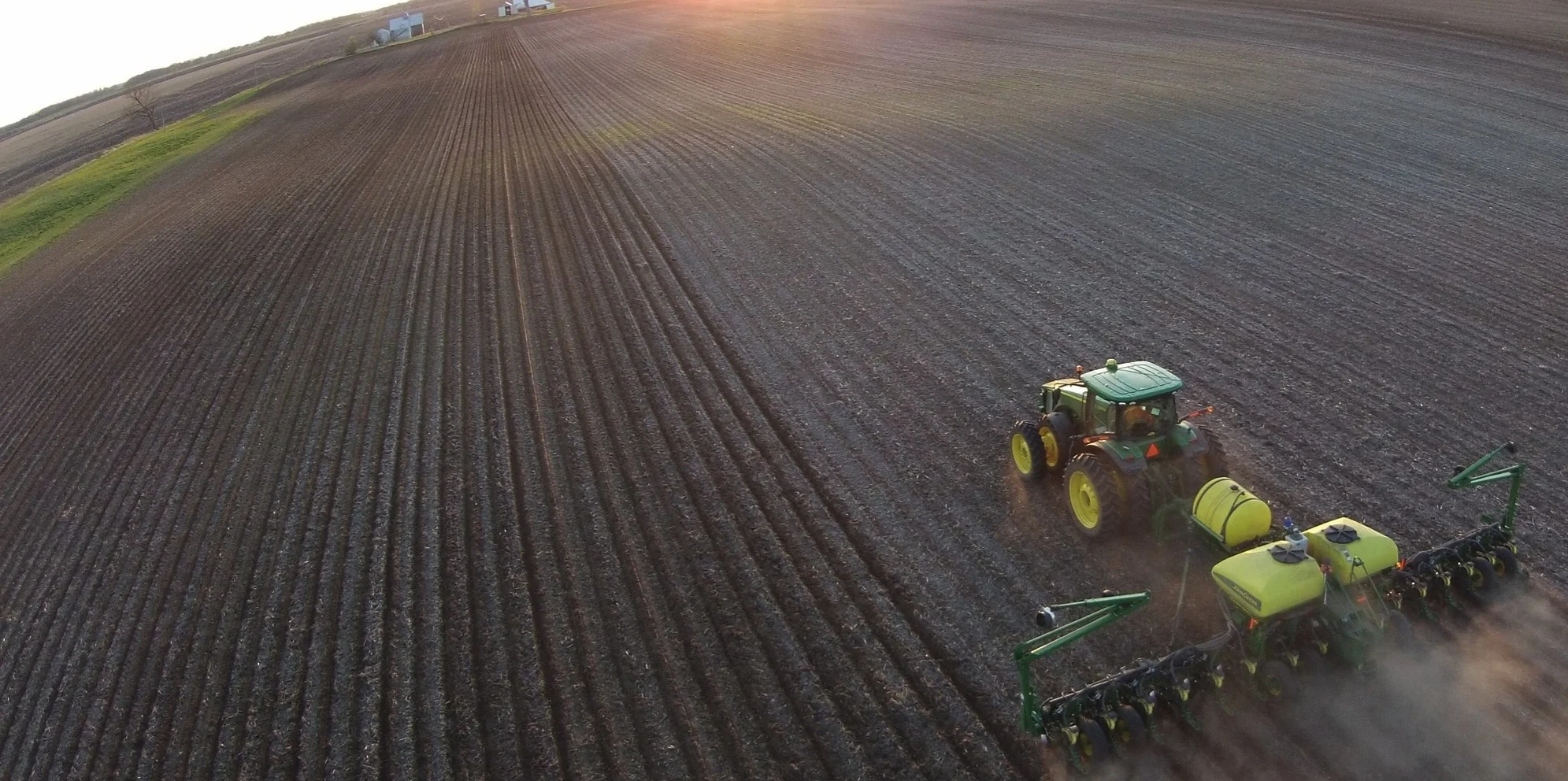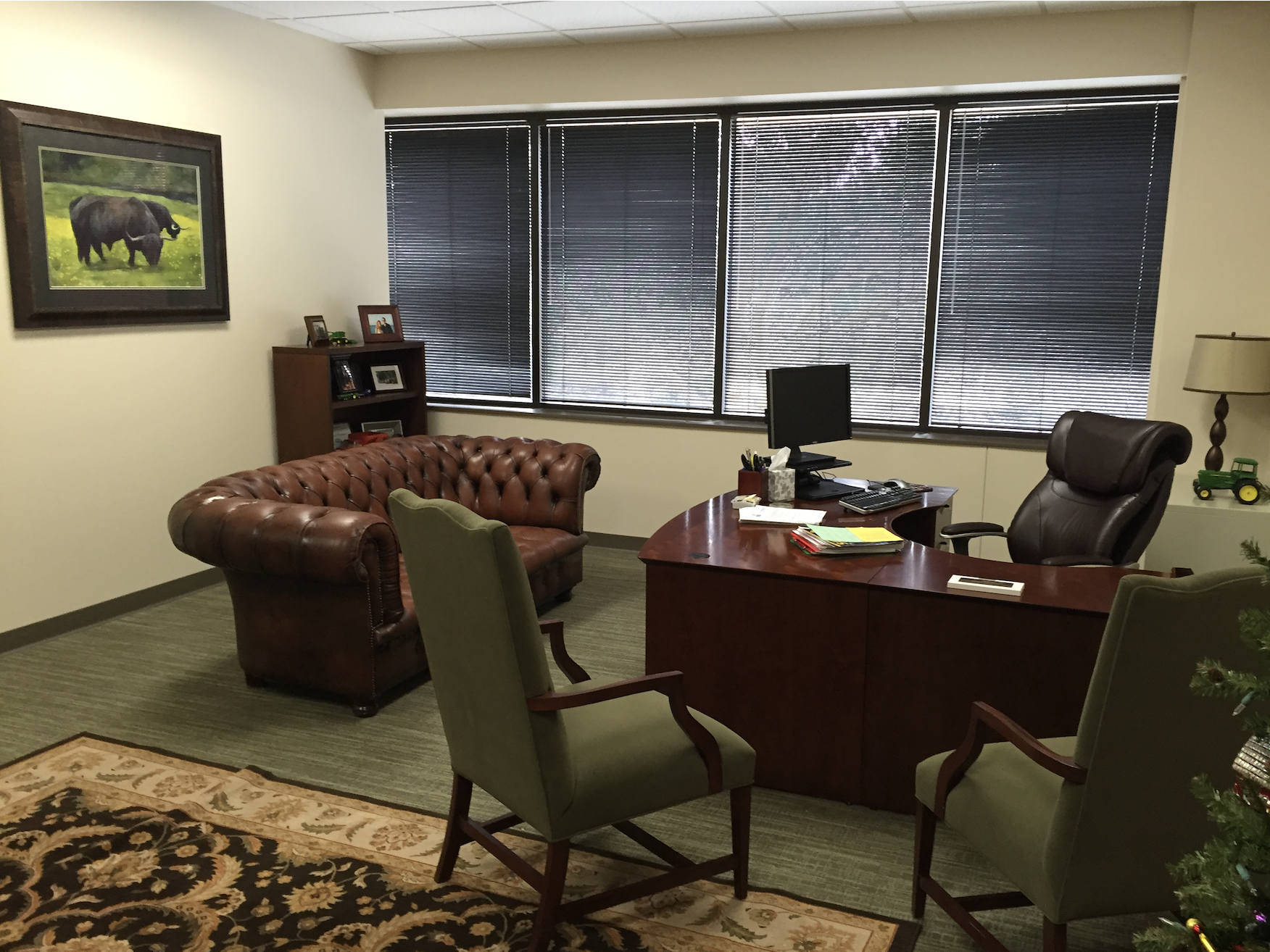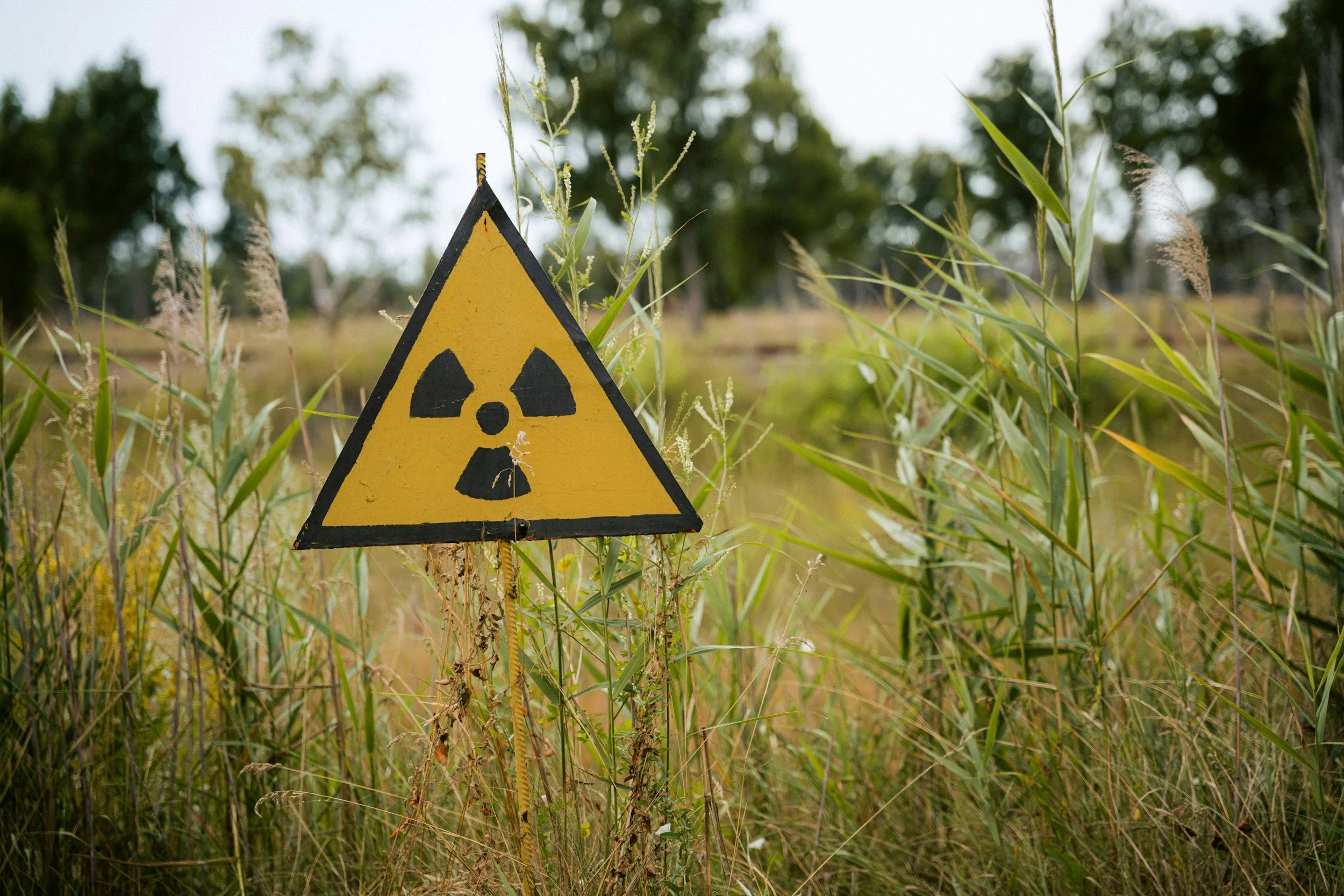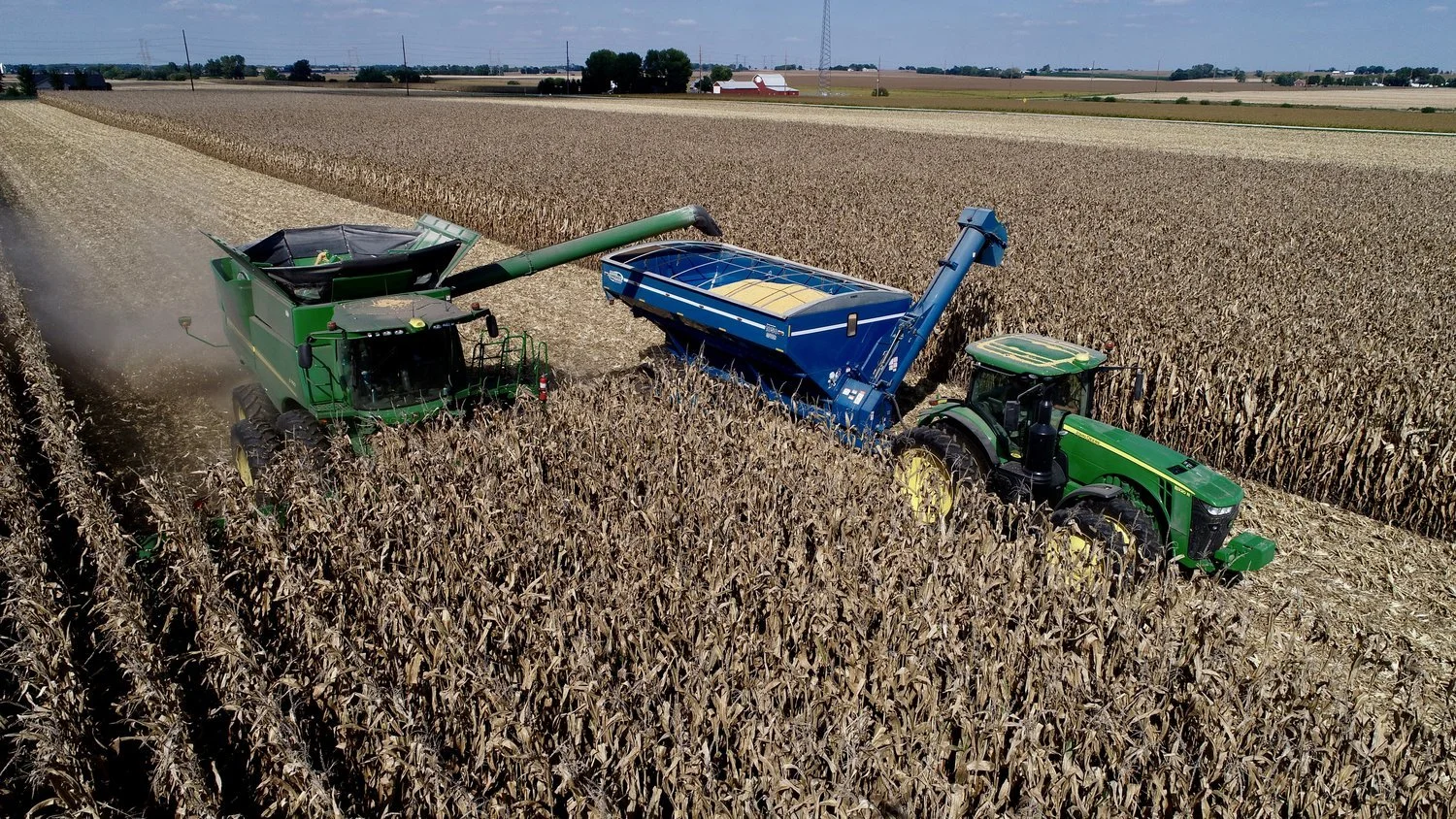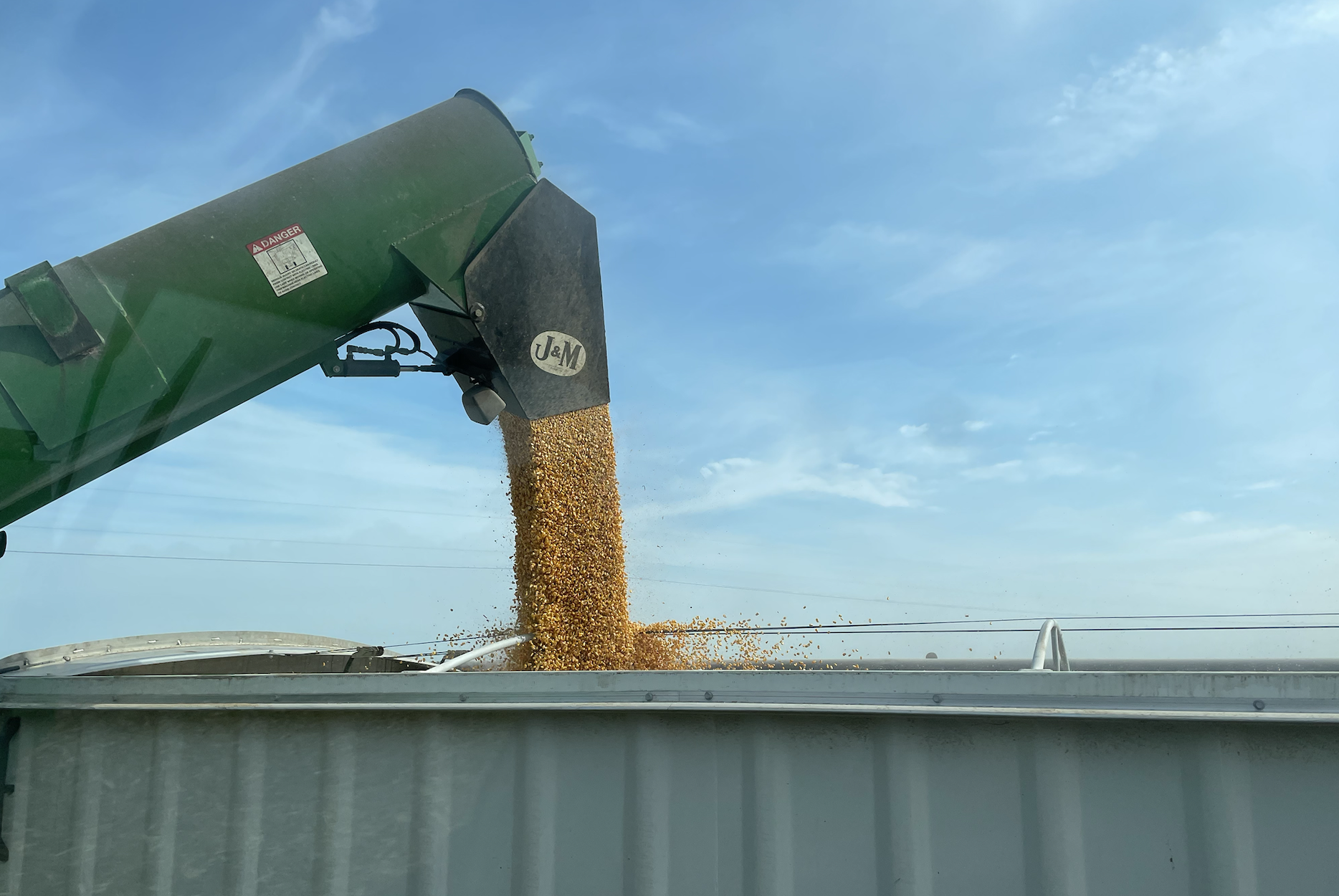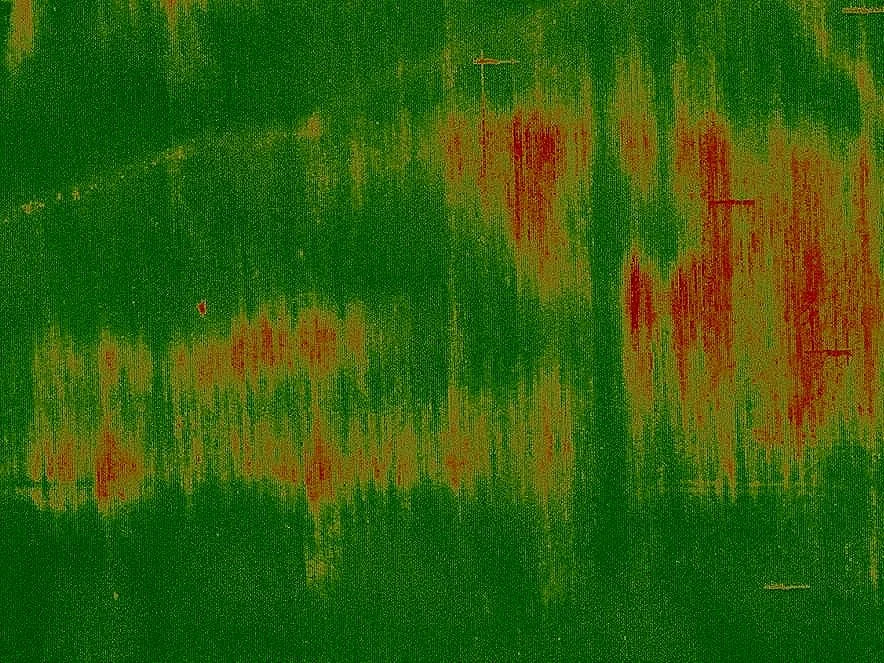Translating AI's Legal Issues for Agriculture
/I was fortunate to be asked to testify before the US Senate Agricultural Committee recently about the impact of artificial intelligence (AI) on agriculture. Although AI and its simpler cousin machine learning (ML) have operated behind the scenes for years already, 2023 is the first time that AI and ML really entered the public discourse. It is clear to me that agriculture, like other industries, needs time to digest what AI means for the future. This post explores how to apply AI’s often discussed legal issues to agriculture.
Bias. AI “bias” refers to the implicit biases in the values that determine which datasets are used to train applications. There are many ways bias might negatively impact ag tools, from selection of seed varieties, to breeding genetics, to fertilizer and pesticide application. A danger here is that diversity of choice is lost as AI tools favor certain products over others based upon biases that are unknown to the users.
License of Training Data. AI and ML require vast amounts of training data to make decisions that valuable and “correct”. Some data is publicly available, but most will need to come from farmers. For technology providers, the important AI consideration is to make sure that training data is properly licensed from farmers. Otherwise, the AI predictions may be based upon unlicensed data and thing brings a host of problems surrounding ownership of the AI models.
Privacy of Data. We know farmers are concerned the privacy of their ag data. Most user agreements establish privacy protections for farmers for this purpose. AI tools should not be able to blow through these privacy walls. In other words, if a person working for a technology company cannot lawfully access a farmer’s data, the AI tool at the same company should not have greater access (unless such access is licensed).
Ownership of Intellectual Property Works. AI has upset the traditional legal understanding of what it means to own a creative work, such as a movie, book, or article, which are protected from plagiarism by copyright laws. Can a computer generate a new, creative work? Or is any computer generated work simply derivative of existing works? The same issues might arise from AI tools used in agriculture—is the AI recommendation a protected company secret if generated by open source AI tools?
Antitrust and Anticompetitive Behaviors. Ag tech startups in the last ten years have largely reversed agriculture’s consolidation trend from previous 100 years. But we should not assume this will always be the case. For the decades prior to the 2010s, there were fewer and fewer choices for farmers as one merger after another consolidated equipment OEMs, cooperatives, and ag retailers. With great size comes great power. Let’s hope that AI does not just benefit the big players, lead to more consolidation and fewer choices, but instead allows smaller ag tech start-ups to compete.
2023 was the year of AI. I’m sure that 2024 will see even more AI tools arrive on the farm. What issues do you think congress should consider as this discussion advances?
***
To read my testimony before the Senate Ag Committee, click here: Innovation in American Agriculture: Leveraging Technology and Artificial Intelligence

